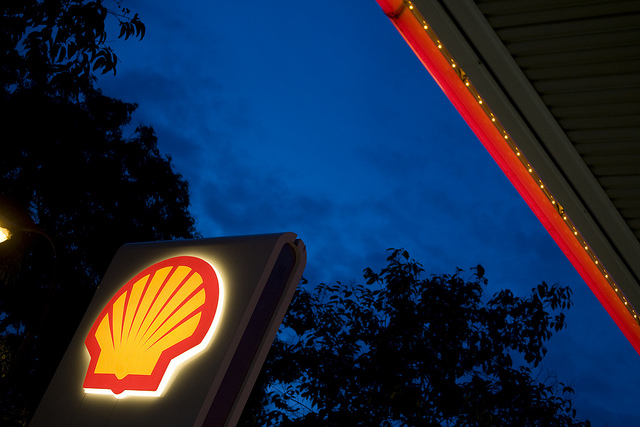Shell’s CEO, Ben van Beurden, has given further detail on what the O&G giant’s journey to net zero will entail.
In an interview published on Shell’s own website, he detailed how in order to meet Shell’s net zero by 2050 goal – announced in April – the company will need to not only make “major changes” in its refineries, chemical sites and onshore and offshore production facilities but also change the types of projects it sells.
The company will need to work with other parties to develop new types of biofuels and hydrogen for heavy-duty road transport where “nothing exists yet, not even the business model”.
“We have to invent it, we have to build it, we have to make it happen,” he said.
However, Upstream – the part of Shell that explores for and produces oil and gas – will still be of importance, with Shell continuing to invest, although it now will not be about how many barrels of oil is produced but “how much it adds to the bottom line”.
“Upstream will be critical to Shell as we change – we need it to be very successful, so we have the financial strength to invest further in our lower-carbon products.”
Indeed, Shell intends to continue supplying carbon-based energy “as we approach 2050” if the company still has customers for it, but will be looking to ensure those emissions are addressed, with carbon capture, utilisation and storage (CCUS) suggested as one possibility.
Van Beurden also suggested this could be done by “offsetting those emissions through nature, or dealing with them in another way”.
“We will have some oil and gas in the mix of energy we sell by 2050,” he said, but added the caveat that “it will be predominantly low-carbon electricity, low-carbon biofuels, it will be hydrogen and it will be all sorts of other solutions too” that Shell focuses on.
He pointed to how Shell is in a venture that is “one of the world’s largest sugarcane ethanol producers” for biofuel, it has been part of winning bids for offshore wind projects and has “made inroads as a developer of solar power.”
“It is not enough though: it all needs to accelerate. Across our businesses, our low-carbon investments will increase significantly over time,” he said.
Moving forwards, Shell is to have a “strong focus on helping customers decarbonise”, particularly in sectors in which Shell already has a customer base, such as aviation, shipping and heavy-duty road transport.
However, in order to make net zero happen the company will be making between 7,000 and 9,000 job cuts by the end of 2022, including 1,500 people who have agreed to take voluntary redundancy this year.
These cuts will allow the company to be “more nimble”, language that echoes Centrica’s when it cut 5,000 jobs in June in a bid to become a “leaner” company.





